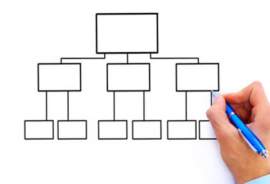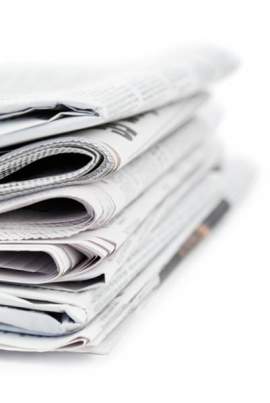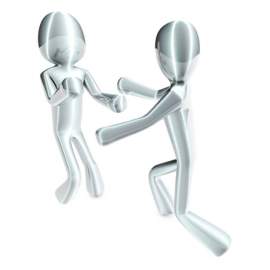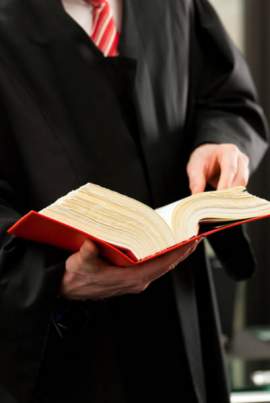
Checks

Checks are a certain type of negotiable instrument with certain elements already determined under law. A check is always a draft involving three parties: the drawer, the drawee, and the payee. As a draft, a check is an order by the drawer for the drawee to pay the payee an amount of money equal to the value of the check. The general definition of checks sets a bank as the defined party for the drawee.
Checks serve a common role in everyday transactions, as they are a relatively efficient and simple way to transfer funds. But as different needs have arisen, specialized forms of check have arisen in turn to fill those needs. These specialized checks often bear certain characteristics which further define how they function and which may actually take them away from the standard set of characteristics for checks.
For example, many of these specialized forms of check are designed in such a way that they are effectively as valuable and easy to use as cash, which is not true of checks in general. This is because a standard check requires signatures from both the drawer and the original payable party, the payee, for the check to be cashable. Without either of these signatures, the check would not be usable for payment. But on a cashier's check, for instance, this may not be true, as cashier's checks follow different rules than regular checks.
Many of these specialized checks arose out of a need for a guarantee of transferred funds. While a check, as a negotiable instrument, is a contract for payment, the problem of many checks is that the check might be issued, endorsed, and cashed before the full set of transactions could be processed, and it could be discovered that there were not enough funds in the checking account to support the payment on the check.
Sometimes this was used for fraudulent purposes, but often enough today checks will simply bounce if there isn't enough money in the checking account to support payment (though, this has been changing, as overdraft fees have become a more and more desirable practices on the part of banks).
There is no way for a standard check to be verified, such that the recipient has an assurance of payment on the check. As a result, specialized checks were created to provide just such an assurance. Cashier's checks, traveler's checks, and certified checks all fill this role, though each has a slightly different way of doing so. Cashier's checks, for instance, are funded through the bank itself, therefore providing an assurance of payment, while certified checks are still paid through the drawer's account only.
Also, these checks are slightly different from standard checks in terms of how they are treated when they are lost, stolen, or destroyed. Some forms of specialized checks are insured for the holder of that check, such that if it is ever stolen or lost, then the holder would actually be able to obtain a replacement for that check, and thus, lose nothing except perhaps a transaction fee.
There are three main types of checks, as defined by the Uniform Commercial Code. The first is order checks, which are the basic form of checks with which most citizens of the United States are familiar. In an order check, the drawer orders that a certain amount of money be made payable specifically to a single payee, or endorsee.
The second type of check of significance is a bearer check. Bearer checks are not payable to one specific individual, as order checks are. Instead, bearer checks are payable to the bearer of the check itself, regardless of who that individual may be. These checks are, of course, somewhat riskier than order checks, as they can be used illegitimately or in unintended ways if they are physically lost by the holder.
Counter checks make up the third primary type, as checks issued from banks. They are checks in which the drawer and the drawee are both technically the bank, and they can be used to make withdrawals from the bank for those individuals who run out of their own checks.
Checks have, of late, seen less and less use, primarily because new and more efficient forms of payment have come to prominence. Debit cards and checking cards often fulfill much the same purpose as checks without requiring the actual paper documents which are actually costly for banks to produce.
Checks are also often considered much more time consuming than these newer methods of payment. In general, while it is unlikely that the check will be phased out entirely, it is very likely that checks will continue to decline in use as other methods of payment become more useful.
NEXT: The Key Facts on Trade Acceptances





















